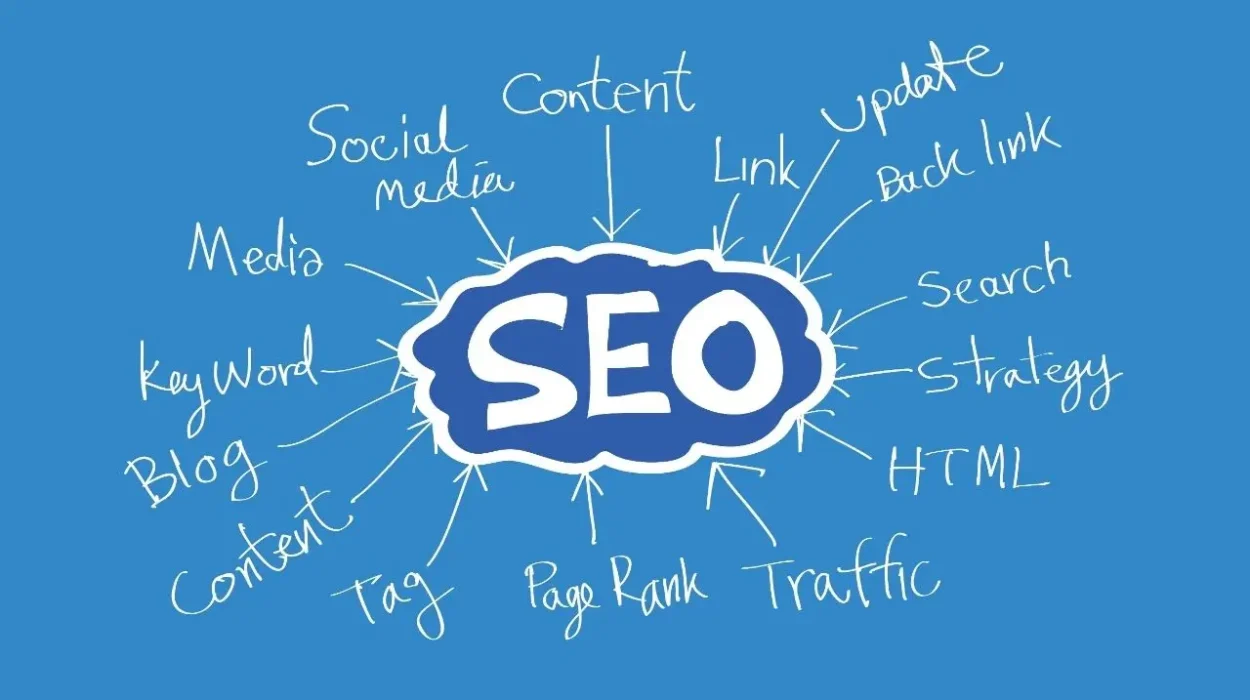If you run a business in a controversial or restricted niche — like gambling, adult, CBD, pharma, or payday loans — you’ve probably noticed something: Google doesn’t treat your site the same way it treats others. While mainstream websites can climb the rankings with standard strategies, yours seems to face an uphill battle from day one.
This isn’t your imagination. Google applies stricter standards to industries it considers sensitive or high-risk. Understanding why that happens — and how to adapt — is the first step toward building a successful SEO strategy in these niches.
Why Google Puts Extra Pressure on Restrictive Niches
Google’s mission is to provide reliable, safe, and useful information to users. When it comes to sensitive industries, the stakes are higher. A bad experience in these niches could harm users financially, emotionally, or physically.
Here are the main reasons Google applies stricter filters:
1. YMYL Guidelines
Restricted sectors fall under “Your Money or Your Life” (YMYL). These are topics that impact health, safety, or finances. Google requires higher trust signals before ranking YMYL sites because misinformation in these spaces can have serious consequences.
2. Reputation Risks
Search engines know that gambling, adult, or payday loan businesses attract scrutiny. Allowing low-quality sites to rank could damage Google’s own reputation as a trusted source.
3. Legal and Compliance Concerns
Many restricted industries operate under complex laws that vary by region. Google takes a cautious approach to avoid promoting businesses that might face legal issues.
The Impact on SEO
The result is that restricted sites face unique SEO challenges:
-
Slower rankings: It takes more time to build authority and trust.
-
Stricter backlink checks: Low-quality links are riskier in sensitive spaces.
-
Content demands: Google looks for higher levels of expertise and credibility.
-
Higher penalty risks: Mistakes are punished faster and harder.
This explains why a strategy that works perfectly for a mainstream e-commerce store falls flat for a gambling platform or CBD shop.
How to Adapt Your Strategy
Instead of fighting against these restrictions, the smartest approach is to adapt your SEO strategy. Here’s how businesses in restricted industries can still thrive:
1. Prioritize Trust and Authority
Google needs stronger signals before it will rank your site. That means your backlink profile must look clean, relevant, and authoritative. Random placements won’t cut it. You need carefully curated backlinks for restrictive industries that show real trust.
2. Build Content That Proves Expertise
Thin or purely promotional content is a death sentence in restrictive niches. Your site needs to publish resources that show authority:
-
Detailed guides on compliance and safety.
-
Research-backed articles.
-
Content that answers common user concerns with credibility.
The more value you provide, the more trustworthy your site appears.
3. Balance Aggression With Safety
Restricted niches often push businesses to get aggressive with SEO. While this can work short term, it usually leads to penalties. Instead, combine safe link-building with carefully managed networks. This balanced approach is what a skilled restrictive SEO agency excels at.
4. Diversify Your Link Profile
Over-optimized anchor text and repetitive backlinks are red flags. Mix branded, generic, and partial-match anchors. Add a variety of dofollow and nofollow links. Keep growth steady rather than explosive.
5. Think Long-Term
SEO in restricted niches isn’t a sprint — it’s a marathon. You won’t dominate page one in a few weeks. But if you consistently build trust and authority, you’ll gain rankings that last while competitors who cut corners disappear.
Lessons From Taboo Niches
Some of the best SEO insights come from watching restricted sites that succeed. Here’s what they all have in common:
-
They invest heavily in backlink quality.
-
They publish content that builds trust, not just traffic.
-
They avoid obvious spam tactics.
-
They stay patient and consistent.
Most importantly, they adapt to the rules instead of pretending they don’t exist.
The Role of Specialists
Trying to navigate restricted SEO alone is risky. That’s why many businesses turn to professionals who specialize in high-risk industries. A true SEO agency for restrictive industries brings:
-
Access to niche-friendly backlink networks.
-
Knowledge of compliance-sensitive strategies.
-
Experience avoiding penalties while still driving growth.
This expertise makes the difference between being stuck on page five and climbing to page one.
Final Thoughts
Google treats restrictive industries differently because the stakes are higher. These niches impact health, safety, or finances, which means trust and credibility matter more than ever.
While the restrictions can feel frustrating, they also create opportunities. Many competitors give up or take dangerous shortcuts that eventually fail. If you adapt your strategy — focusing on trust, quality backlinks, and long-term growth — you can gain an edge that lasts.
Don’t try to play by mainstream rules. Instead, embrace a tailored approach through restrictive SEO services and expert partners. That’s how businesses in controversial spaces move past Google’s barriers and onto page one.

